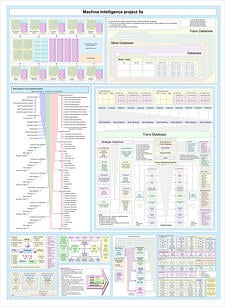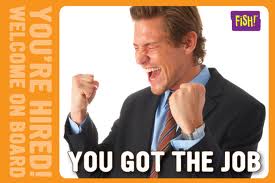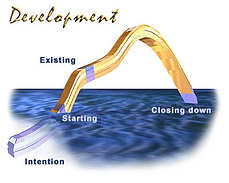
Just about every job seeker I speak with says, "I've found some jobs I'd be a good fit for, but I don't meet all the job requirements, particularly the technical job requirements. Is it worth it to apply?"
Almost all my IT job seeker clients have many areas of technical proficiency and are “quick studies” when it comes to learning new software packages. They often feel that, even if they don’t meet the exact requirements for the position, they could get up to speed quickly and do a great job if they were hired. Is this you?
Here’s one way to look at it. First, it's important to realize that part of what the employer is doing in listing very specific technologies is trying to cut down on the number of resumes they have to review. ATS (applicant tracking systems) will not retrieve resumes that lack the keywords or a given percentage of the keywords specified by the hiring authority (HA). And there are probably enough resumes out there that do have all the key skills and keywords for the HA to review.
But you and I know that keywords are not the sole determinant of who makes a good hire.
If you have experience with technologies that are in the same class as the required ones and are confident you could get up to speed quickly on the new specified in the ad, here are a few ideas. The task is to get the key skills and keywords on the resume that you lack in direct experience while at the same time being truthful in what you say.
Let’s take an example. What if someone has experience with Oracle ERP but not SAP, and the job calls for SAP experience? You can try one of these 3 techniques so that you can include the “SAP” keyword in your resume:
- You can say, but only once: “Operate in an Oracle ERP environment similar to SAP” or “Proficient in Oracle ERP, one of the top 2 enterprise-level ERPs along with SAP."
- Or, in a keyword list at the end of your resume, you can list the technologies or skills you are really experienced in, saying: “Power User: Oracle ERP, etc.” Then, include text that reads: “Working familiarity with other ERPs such as SAP and Epicore” or “Knowledge base also includes: SAP, Microsoft Dynamics, Epicor.” ONLY DO THIS if you have taken the time to become familiar with the similarities and differences of the packages, so that you do indeed have general familiarity with the software, SAP in this instance. You will need to get up to speed on SAP if you get an interview anyway.
- Or, use a keyword list at the end titled: “Other relevant keywords: SAP, etc.” This isn’t as good a solution, but if you’ve done some SAP research, it’s not false.
You can do something similar in the situation where you have experience with SAP financial applications but not the required SAP HRMS. Or in situations with other technologies.
Although the three techniques above aren’t perfect, they are truthful and will give your resume a chance to make it through the ATS screen so you can be considered for an interview. Not everyone will agree that these methods should be used to incorporate keywords and key skills. But I think it’s fair, given that the potential employer may be really missing out by not hearing about YOU!
Jean Cummings

 Image courtesy of jscreationszs
Image courtesy of jscreationszs





